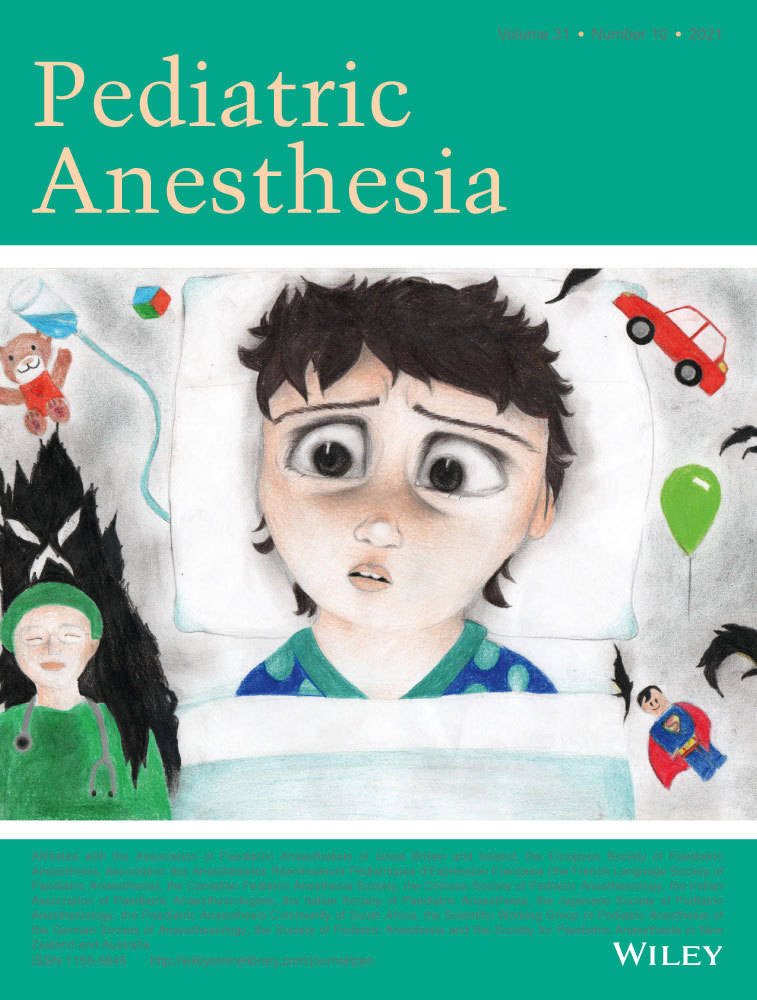Antibodies to human leukocyte antigens and their association with blood product exposures in pediatric patients undergoing cardiac transplantation
Abstract
Background and Aims
Previous blood product exposures may result in the development of antibodies to human leukocyte antigens (HLA). Pediatric heart transplant recipients who have these antibodies experience increased morbidity and mortality after transplantation. In this study, our aims were to confirm the association of previous allogeneic blood product exposures with the formation of anti-HLA antibodies, determine which blood components pose the greatest risk of developing antibodies, and assess differences in outcomes after transplantation between patients who had anti-HLA antibodies and those who did not.
Methods
This retrospective investigation included all children who underwent cardiac transplantation at Children's Healthcare of Atlanta from January 1, 2015 through December 31, 2018. Chart reviews were performed to collect pertinent data. Anti-HLA antibodies were detected by single antigen bead testing. Antibody burden was tabulated using the calculated panel reactive antibody (cPRA) score immediately prior to transplantation. Statistical analyses were conducted to examine differences based on HLA antibody status and identify associations with outcomes of interest.
Results
Our results show a significant association between pretransplant blood product exposures and HLA antibody status. Children with a pretransplant blood product exposure had 7.98 times the odds of developing an anti-HLA antibody compared to those without a pretransplant blood product exposure (p = .01). We also found a significant association between a previous red blood cell (RBC) exposure and HLA antibody status (p = .01) which was not found for other blood component exposures. Patients who were HLA antibody positive were more likely to develop a donor-specific antibody (DSA) after transplantation (p = .04).
Conclusions
Exposure to previous allogeneic blood products affects the development of anti-HLA antibodies in children presenting for heart transplantation. Previous RBC exposures resulted in HLA antibody positivity more than other blood component exposures. Importantly, the presence of HLA antibodies was associated with the development of DSAs post-transplantation. Developing transfusion strategies to reduce allogeneic blood product exposures in children who may need future cardiac transplantation should be a high priority.
CONFLICT OF INTEREST
The authors report no conflict of interest.
Open Research
DATA AVAILABILITY STATEMENT
The data that support the findings of this study are available from the corresponding author upon reasonable request.




